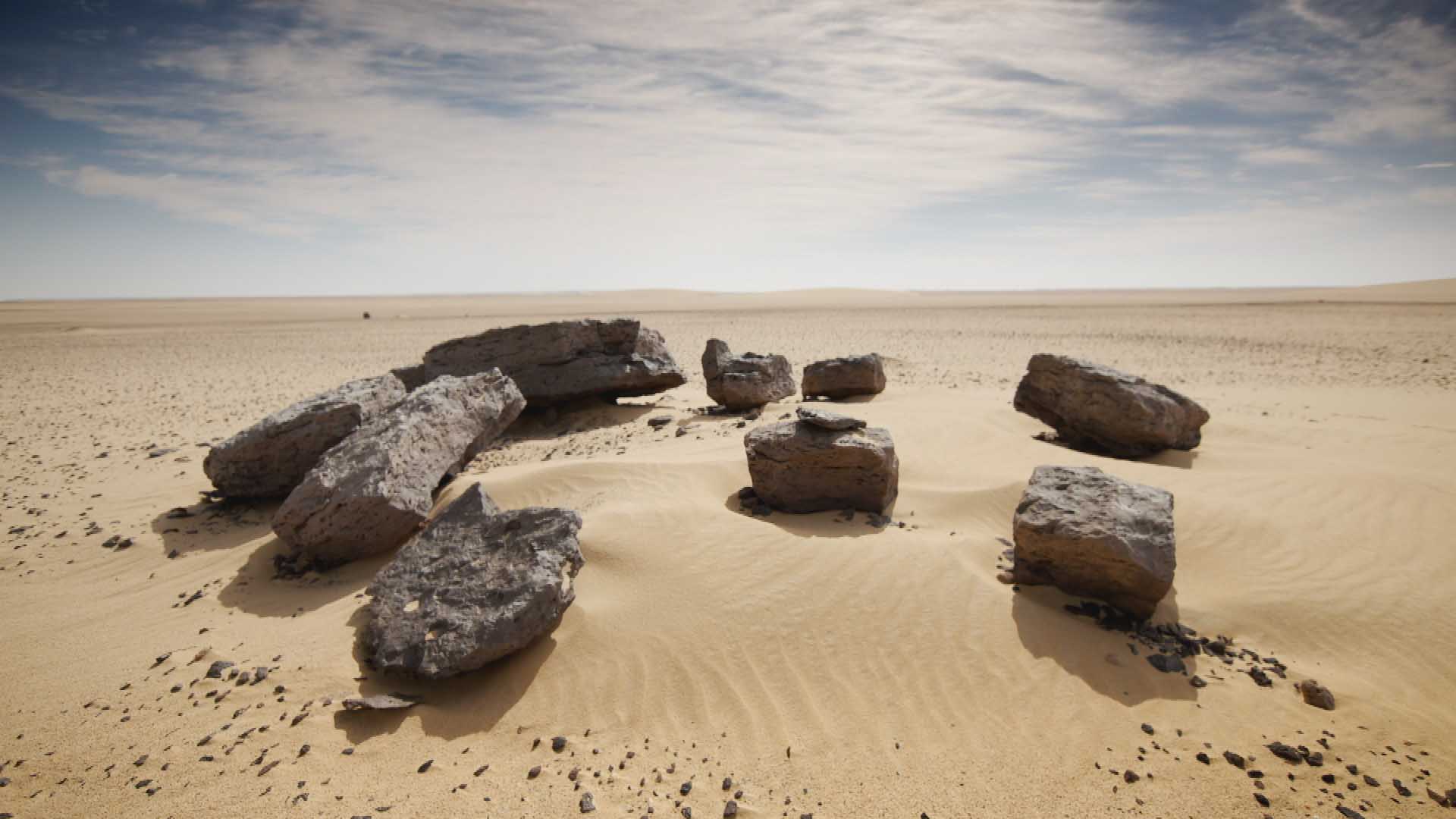Tuesdays, April 24 - May 15, 2018, 9 p.m.
Our human ancestors have existed on Earth for nearly six million years. The modern human, however, has only emerged recently about 200,000 years ago. Civilization, as we know it today, is roughly 6,000 years old. For most of human existence, we have been mobile foragers, hunting and gathering as we go from place to place. Why did humans set out on the road to civilization? How did early humans create villages, towns, cities and states? How did they establish the blueprint for the modern world? Airing on PBS on Tuesdays from April 24 to May 15, First Civilizations identifies four cornerstones of civilization — war, religion, cities and trade — and explores each in the context of a different location.
In First Civilizations, camera crews crisscross the globe and travel to Mexico, Guatemala, Iraq, Turkey, Egypt, India, Pakistan, Oman, Morroco, France, Germany, Japan, the U.K. and the U.S. In their travels, they record the latest archeological discoveries, test new theories and uncover original information. Drama reconstructions and computer graphics visually enhance the lost world of the early civilizations.
In this four-episode series, an expert interviewee connects the dots between past and present in each segment, complementing the ancient story with a modern-day analog. This comparison aims to show that we aren't too different from our ancestors. Our ancestors were motivated by the same impulses that persist today: the inevitability of war, a need for religion, the lure of the city and a love of trade. Produced by Tim Lambert, David Batty, Robin Dashwood and Tom Cebula, First Civilizations is a story about us—about our beginnings.
Watch a preview:

